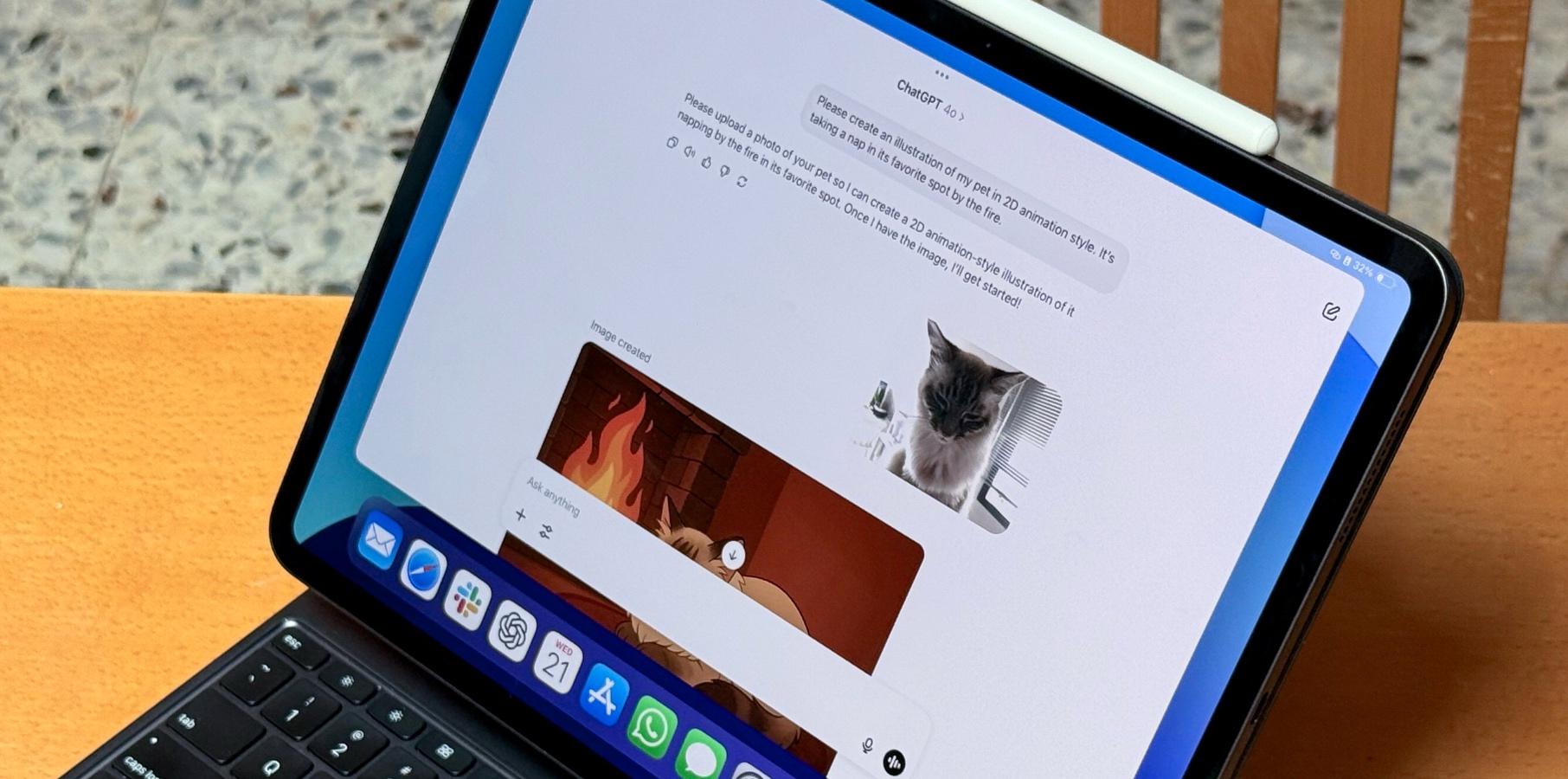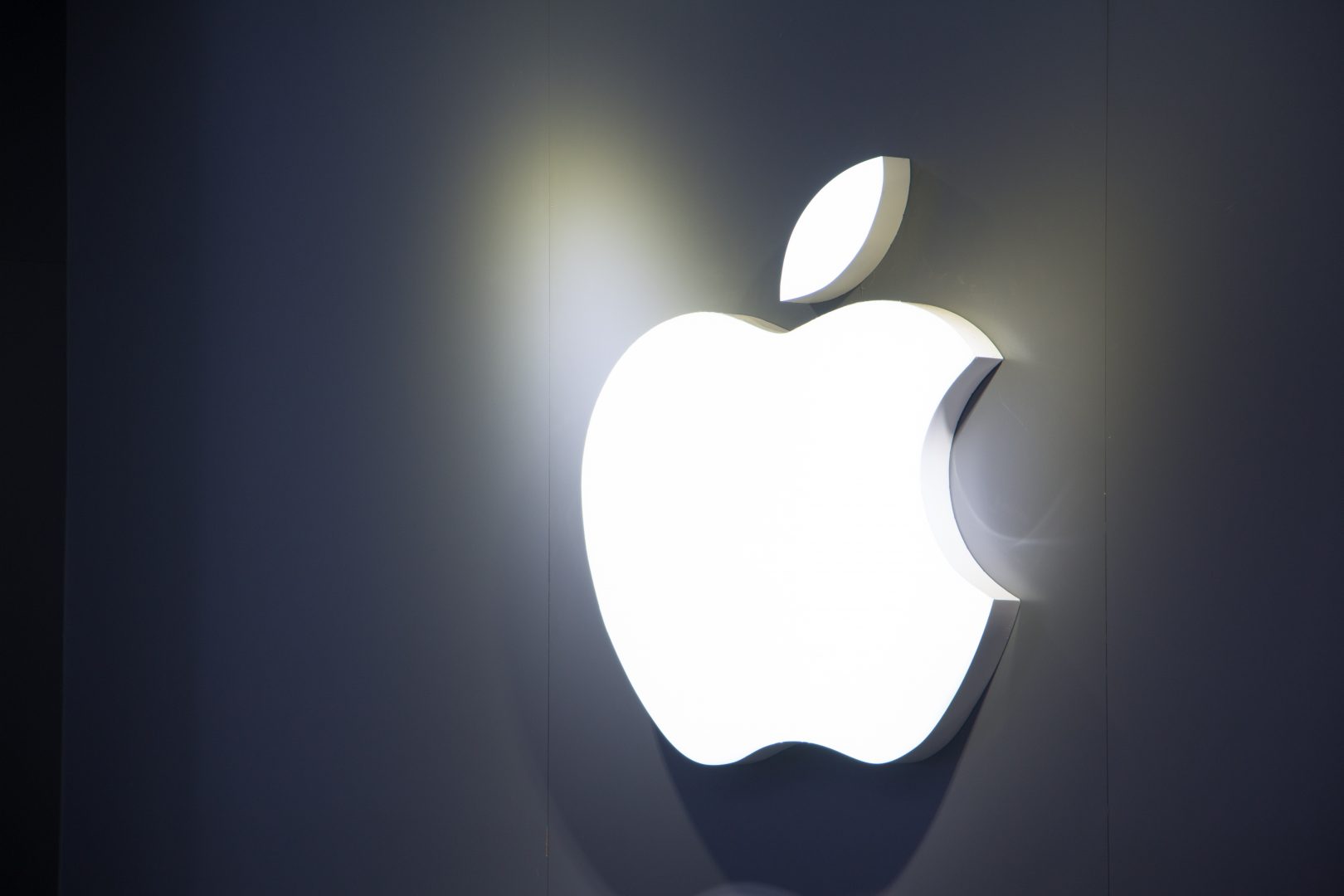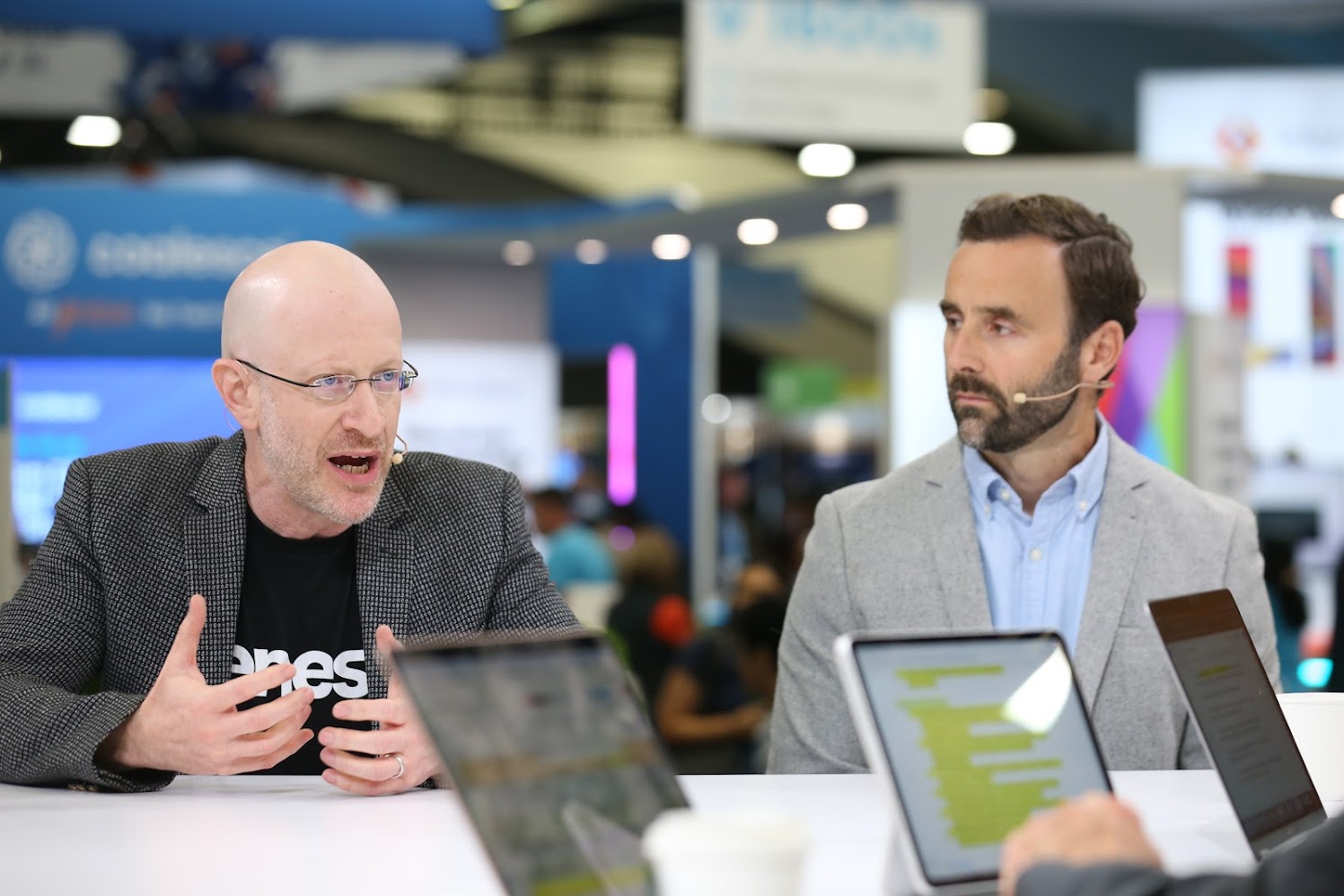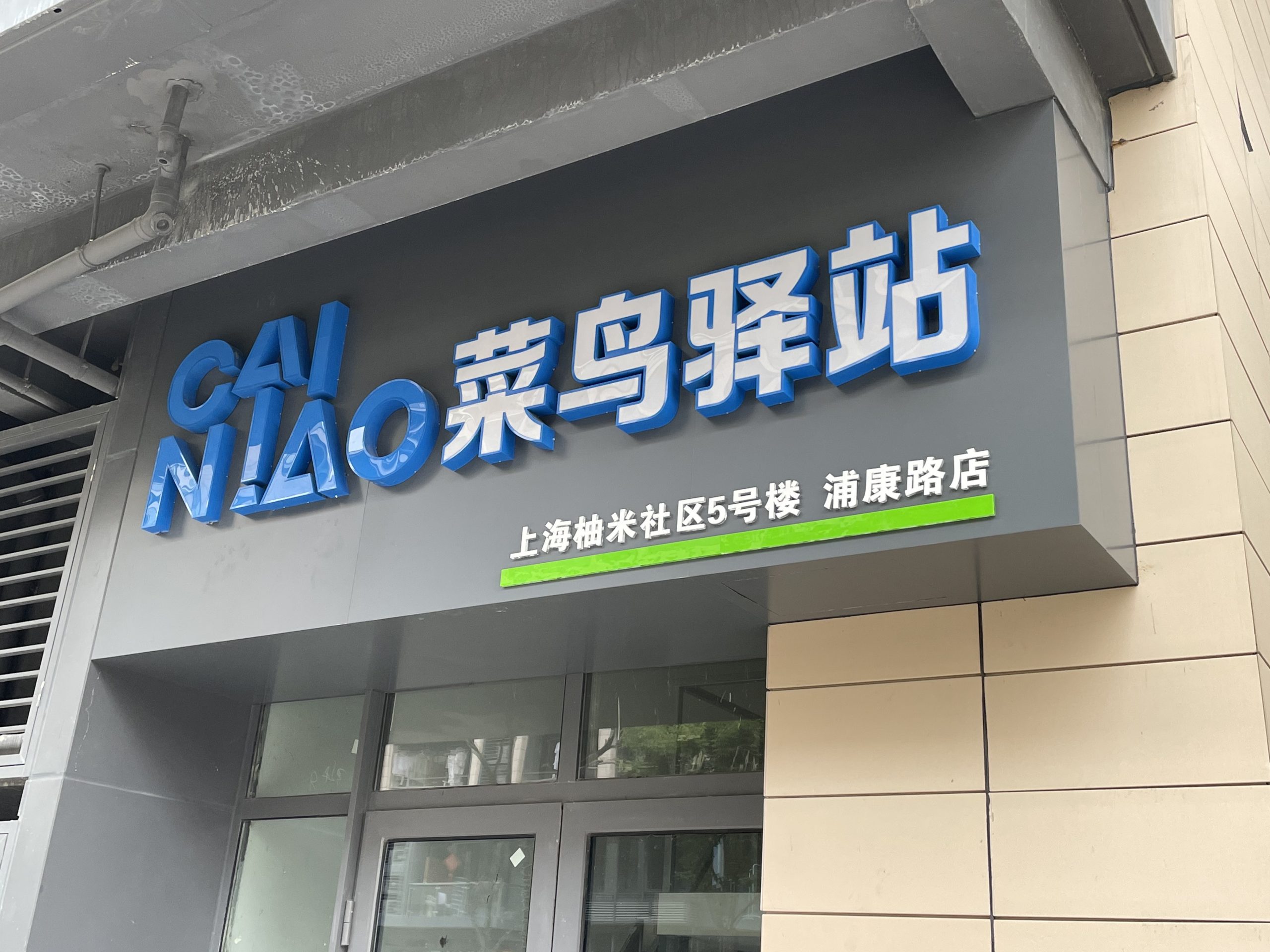Three weeks ago, I was in Lekki, an upscale part of Lagos, for a weekend staycation. Sometime that Saturday, a dull headache crept in, the kind that makes you squint in sunlight and wish you had packed better. I stepped into the nearest pharmacy along Admiralty Way. Inside, the fluorescent lights glowed softly. The shelves were well organised and perfectly labelled. Everything seemed exactly where it belonged. I picked up a pain-relief drug, paid, and left. Yet, something about the place stayed with me.
Days later, on a call with Odunola Oyegade, it all made sense. I had walked into one of the four Mopheth Pharmacy stores she and her husband own across Lagos. What began as a 12-square-metre shop in Adeola Odeku street, Victoria Island, now serves up to 150,000 customers every month. No one prepared me for the clarity of her vision or how she and her husband bootstrapped it all with just ₦50,000 ($544.5)*, an entrepreneurial and religious faith, and a relentless focus on quality.
Today, she’s taking that wealth of experience into the digital healthtech sector with Hexia Health, building with the same confidence and stride of vision.
Grit follows vision
Odunola Oyegade, a trained pharmacist, started Mopheth Pharmacy with her husband, Adekunle Oyegade, who is also a pharmacist from a family line of entrepreneurial healthcare professionals. She, too, had a knack for entrepreneurship, recalling how she would go to her grandfather’s home during the holidays as a child to sell goods at the store he owned.
She studied at Ahmadu Bello University, Zaria, then landed a job as a full-time pharmacist afterward. Even then, she was determined to raise the bar for pharmacy care in Nigeria and build a practice people could trust. In 1997, her now-husband, Adekunle, founded Mopheth, while she took to his side as co-founder.
“We registered [Mopheth] before we were even married. We knew what we wanted to do, but didn’t know when and how it was going to happen,” Oyegade said.
It took a while before business eventually kicked in for the pharmacist couple. There was no external funding, and the 1990s didn’t provide a kind climate for business. This was largely because entrepreneurs in Nigeria at the time faced obstacles such as poor electricity supply, inadequate access to finance, high costs of doing business, and unreliable infrastructure. All of these made it difficult to start and sustain new ventures. Even today, not much has changed.
Yet, this didn’t deter the couple. The Oyegades opened a pharmacy because they spotted something wrong in the sector: people were misusing medicine.
“Let’s assume a customer wanted to buy an antibiotic, and they needed 20 as the right dosage. They’d walk into stores and ask them to ‘cut five’ so they could feel better for a day or two,” said Oyegade.
But good intentions alone don’t run a business. At one point, the couple tried to get a ₦100,000 (($1,089)* bank loan and were turned down. In the 1990s, Nigeria’s banking sector was going through a wave of consolidation. Several banks were closing down for failing to meet capitalisation requirements, and the ones that remained needed to ensure they did business right and shielded themselves from risk.
“They didn’t give us [the loan], likely because we didn’t have enough revenue. The banks probably thought we were too small to be given that amount of money,” said Oyegade.
Fortunately, around the time they were seeking a loan, her husband, Adekunle, secured a ₦50,000 ($544.5)* business contract. With that money, they opened their first store. Oyegade added her salary to the effort. It covered the cost of a shelf, just enough space to stock the drugs they brought in from suppliers over the following weeks.
Not being able to raise external funding likely slowed their growth, but it also taught them to run lean. They learned how to minimise losses and understand the market. In the early days, it was just the two of them working as pharmacists and business owners. Mopheth stayed open around the clock to compete in a market where convenience often determines customer loyalty.
Running a 24-hour pharmacy in Lagos is not a small feat. It requires hiring in shifts, keeping shelves stocked through the night, and ensuring security for both staff and customers. Most community pharmacies avoid it altogether. But for Mopheth, being available at any time became a key part of the brand’s identity.
Today, Mopheth still keeps its doors open 24 hours a day. The difference is, now there are many more hands to help.
“It was a lot of hard work. It was a lot of believing. And don’t forget, we attend a church, Daystar Christian Centre, that teaches entrepreneurship,” said Oyegade. “While growing Mopheth, we read a lot and valued knowledge. We never saw challenges, even though they came. We just thrived on a possibility mindset. We set goals that seemed too big to achieve, but because of that mindset, we just went for it.”
An eye for a problem
The Oyegades noticed that people sometimes needed more help with their medications when they came to pharmacies. They saw that there was a chance to do more, especially when it came to explaining things and making sure customers understood how to use their medicines.
They wanted to do things differently. Their goal was to make sure people got good medicine and also knew how to use it the right way. They took time with each person, answered questions, and treated everyone with care. For them, it was not just about selling medicine. It was about helping people get better.
The Oyegades wanted to change that. They wanted their pharmacy to be a place where people felt welcome and cared for.
The couple trained their staff to do more than just count pills. Through Mopheth Academy, they taught their hires how to listen, think, and treat people with respect. It was about being a good pharmacist alone, but also about having good character and purpose.
“We didn’t want people to come in only when they were sick,” Oyegade said. “We wanted them to come in because they trusted us.”
And little by little, that trust grew.
Today, Mopheth is one of the most well-known pharmacy chains in Lagos, with its stores receiving up to 150,000 visitors monthly, according to Oyegade. But for her, the biggest lesson from nearly three decades of building a pharmacy business is learning how to adapt.
As a traditional, brick-and-mortar operation, Mopheth had its limits. The pharmacy chain reduced its store count from six to four and took its business online. In the last five years, it has launched an e-commerce platform to deliver healthcare products, added telemedicine and consultation services, and introduced a tool that reminds customers to take their medication.
Now, Oyegade wants to take that growth further.
A loss too close to home spurred action
Oyegade joined our chat from the US, having just flown in from Paris. At moments during the interview, she paused to take a call or speak to someone in the background. Yet, Oyegade took my questions calmly even as she tended to business and personal matters in the background. Then she broke the news.
“We’re not just a pharmacy anymore,” Oyegade shared. “We’re launching a new model. In the new model, we have the pharmacy, but we also have the supermarket, we have the café, we have the bakery, we have cosmetics, electronics, every form of it. Whether it’s your kitchen, your living room, your health, your household, we capture everything under one roof.”
Mopheth, in its new form, sounds like a cash-and-carry supermart, and it could be taking cues from global retail giants like Costco, while adapting its business to Nigeria’s retail and health ecosystem. But the ambition doesn’t end there.
Oyegade is also building Hexia Health, a healthtech product that launched out of pain.
“I lost some loved ones,” she said, her voice steady. “And the reason why they died is because there was a delayed diagnosis. By the time the diagnosis came, it was the last stage. They couldn’t be saved.”
The signs had been there. Headaches. Fatigue. Small things that didn’t look like danger until it was too late.
“You know that when you have a headache, you don’t shout out to everybody. You would just use Panadol, right?” she asked rhetorically. “It’s only when you’re lying flat on the bed that everyone realises something’s wrong with you.”
Hexia Health, the tool she’s building, is designed to catch people before they turn a corner for the worse. The platform lets users check symptoms, speak with doctors or pharmacists, schedule lab tests, receive e-prescriptions, and get medications delivered, all from their phones.
But what makes Hexia remarkable is not the technology. It is where the thinking began. Global digital health platforms are built with users in the UK, US, or Europe in mind. By the time they reach Africa, they are often a poor fit. They depend on fast internet, assume regular power supply, and follow clinical standards or user behaviours that don’t always apply here, said Oyegade. This is why it is important for Africans with local context to build for Africans.
“When people are building solutions, they don’t think about Africans in their digital healthcare solutions. Africa is not considered in anything that they are building,” Oyegade said.
So she built her own. Not adapted to Africa. Built for it.
“As an African,” she said, “I decided that I will change the landscape in healthcare solutions, to make people have access to the things that are accessible in other countries.”
And perhaps that’s the clearest throughline in Oyegade’s journey. She began with a 12-square-metre pharmacy and is now building a digital health platform for an entire continent.
* Exchange rate used in the article = ₦91.83/$1, the average rate in 1997; ₦50,000 is worth ₦1.6 million in 2025, adjusted for inflation.
Mark your calendars! Moonshot by is back in Lagos on October 15–16! Join Africa’s top founders, creatives & tech leaders for 2 days of keynotes, mixers & future-forward ideas. Early bird tickets now 20% off—don’t snooze! moonshot..com










